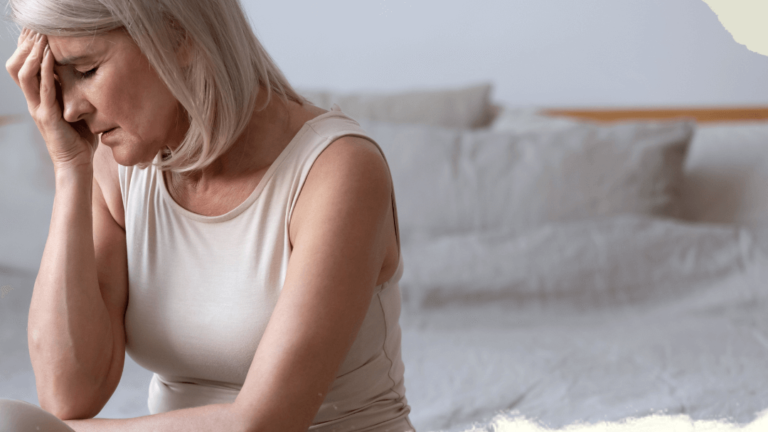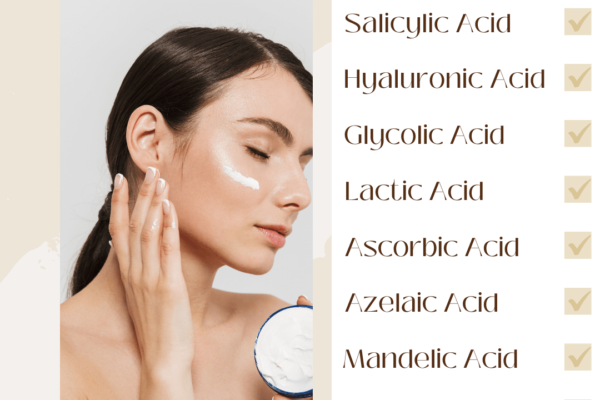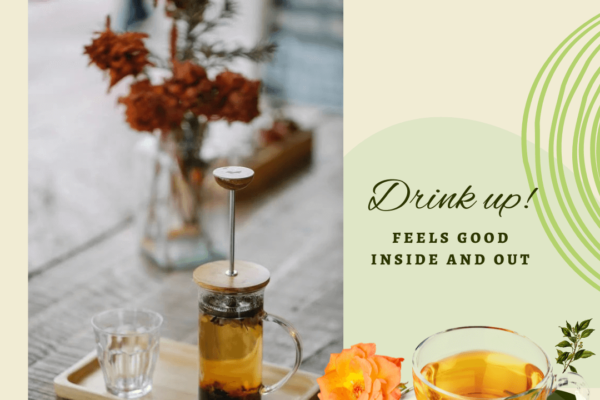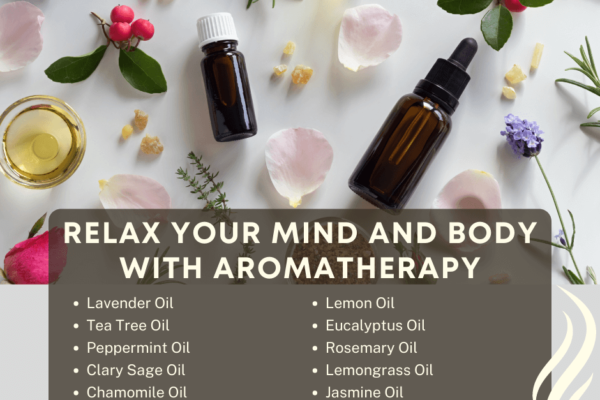Menopause is a natural condition in women that marks the end of a women’s reproductive era. Usually, on average menopause occurs between the ages of 45 and 55, but it can occur earlier or later. This biological process happens as women age, their bodies produce less estrogen and progesterone hormones responsible for female reproduction. However, when these hormones reach a low enough level, a woman will permanently stop having a menstrual cycle.
Officially menopause begins once a women stop getting periods for about 12 months after her last period month. There is a slight difference between early menopause and premature menopause. Early menopause occurs between the age of 4o to 45 years, whereas premature menopause is when a woman starts getting signs of menopause before the age of 40 years.
Note that, symptoms of early menopause are similar to premature menopause. If a woman hasn’t had her periods for more than three months, it could be due to stress, pregnancy, lifestyle changes, diet, illness, or side effects of certain medications/contraceptives. Menopause symptoms could be highly reactive after surgery or cancer treatments as estrogen level fluctuates.
Most women dealing with premature or early menopause will notice changes in their menstrual cycle. The frequency of menstrual patterns could either be unusually light or heavy periods. All women will experience menopause differently, but there are some common early signs and symptoms to look for:
- Irregular Menstrual Cycle
- Loss of Bladder control
- Vaginal Dryness
- Hot Flashes
- Irritability or Mood Swings
- Decreased in Sexual Desire
- Sleep Disturbances
- Night Sweats
- Dry Skin, Eyes, and Mouth
- Breast Tenderness
- Frequent Headaches
- Muscle and Joint Pain
- Weight Fluctuation
The fact is, every woman would go under menopause at some point in her age, but when exactly will be determined by genes, lifestyle, and some underlying health conditions. Due to inevitable lifestyle changes, most women will go through menopause between the ages of 40 and 55. However, menopause can happen to any woman in their 20s, 30s, or early 40s. Although, it’s quite rare to happen menopause before the age of 30s. Whereas most women will experience menopause between the ages of 40 and 58.
Let’s decode the potential causes of early menopause, which could happen for two main reasons follicle depletion and dysfunction. While in some cases, early menopause could trigger due to undergoing medical procedures. For example, removal of ovaries, radiation, or receiving chemotherapy sessions. Such conditions cause the ovaries to stop functioning normally which could end in premature or early menopause.
Several more causes could be:
- Genetics: Some women may have inherited a genetic predisposition to early menopause.
- Autoimmune disorders: Certain autoimmune disorders, such as lupus or rheumatoid arthritis, can cause damage to the ovaries, leading to early menopause.
- Medical treatments: Certain medical treatments, such as chemotherapy or radiation therapy, can cause damage to the ovaries and lead to early menopause.
- Surgery: Surgery to remove the ovaries or uterus (such as a hysterectomy) can cause early menopause.
- Smoking: Smoking has been linked to an increased risk of early menopause.
- Lifestyle factors: Factors such as stress, poor nutrition, obesity, and lack of exercise can also contribute to early menopause.
Here’s everything women between the age of 4o to 45 years should know how to deal with it or at least help lessen the symptoms of menopause.
Eat Foods to balance Hormones
Adopting a healthy diet can go long way in relieving menopause symptoms. All you need to make a healthy diet chart and find alternatives for any allergies to certain food. Enlist below key ingredients to balance your hormones during menopause.
Calcium & Vitamin D: Since hormonal changes cause bones to weaken, it’s important to get good enough calcium and vitamin D in your diet. You may get calcium in dairy-based products like yogurt, milk, and cheese; and plant-based products like tofu, beans, sardines, kale, collard greens, and spinach.
We get Vitamin D straight from sunlight since our skin produces it when exposed to the sun. Vitamin D is available in dietary supplements and foods such as eggs, cod liver oil, and oily fish.
Fruits & Leafy Veggies: A diet consisting of leafy veggies and fruits can help with weight management and prevent the bone loss that can occur during menopause.
Lean Protein: Consuming protein-rich foods can help prevent the loss of muscle mass due to aging, induces quality sleep, and regulate mood swings during menopause. Include meat, fish, eggs, legumes, nuts, and dairy in your diet to get fair enough protein.
Foods rich in Phytoestrogens: Phytoestrogens are naturally occurring plant compounds that help to balance hormones and alleviate the risk of heart diseases. Foods such as tofu, tempeh, flaxseeds, linseeds, sesame seeds, beans, soybeans, and soy products mimic the effects of estrogen in the body.
Avoid Certain Food that Triggers the Symptoms
These include caffeine, alcohol, processed food, sugary, and spicy food. If you’re lactose intolerant avoid dairy products completely as they can trigger hot flashes, night sweats, and mood swings. Avoid food that is acidic in nature like citrus food can irritate the bladder lining and bring night sweats.
Stay Hydrated Drink Enough Water
You’re more likely to drain out during menopause as your estrogen levels decrease. Drinking water should be 8 to 12 glasses a day to alleviate symptoms of hot flashes, dryness, stomach bloating, and weight gain. Drinking sufficient water throughout the day will keep your body temperature regulated and balanced. If you’re bored of drinking plain water, add flavors such as cucumbers and fruit cuts, mint, and lemons. Keep yourself hydrated enough with cold water, fresh juices, flavored water, or green smoothies filled with antioxidants and vitamins. You may also consume water-content fruits and veggies, including watermelon, muskmelon, and spinach, as they are a great source of hydration.
Adopt Some Serious Lifestyle Changes
You will realize that during menopause your old lifestyle schedule won’t fit you. Menopause impact your entire body and lifestyle choices. Therefore, you have to be cautious of your lifestyle choices that may impact your body during menopause and avoid activities that may worsen your symptoms. Making lifestyle changes, such as eating a healthy diet, getting regular exercise, and managing stress can help reduce the severity of these symptoms and improve overall health and well-being.
Destress yourself with exercise and some easy home workouts to regulate your hormone levels. Just 3 hours of basic exercise every week has benefits for menopausal women, including helping with mood swings, managing body weight, and relieving body aches. Yoga is a great activity as it combines both exercise and meditation, it induces a peaceful feeling while helping you to distress, stay fit, and be active.
Gaining body weight is a common symptom during menopause that can trigger obesity, heart disease, and diabetes. Regular exercise is associated with improved physical and mental health which includes improved energy and metabolism, healthier joints and bones, decreased stress, and quality sleep.
Quit smoking and alcohol consumption as it may make menopause start sooner and worsen the symptoms. If you’re a chain smoker you’re more likely to face early menopause by as much as 2 years. To break the chain, the best you can do is concentrate on quitting.
Give good enough rest to your body and sleep as easily as possible. Good quality sleep deals with depression, anxiety, mood, and memories. Drink warm milk or chamomile tea before bed to aid sleep.
Don’t Rely on Supplements Alone
Several women may consider consuming natural remedies to relieve their menopause symptoms. However, the scientific evidence behind these supplements is not supported. The most common natural supplements that are been used are phytoestrogens, black cohosh, red clover, probiotics, prebiotics, cranberry extract, kava, and much more.
This is why natural remedies aren’t enough for your everyday well-being. Therefore, talk to your healthcare provider about taking any supplements as these supplements aren’t right for everyone. When you’re dealing with hormonal changes, it’s best that you consult a doctor to be sure you’re doing things the right way
Consider taking Menopause Hormone Therapy (MHT)
It is one of the standard approaches when dealing with menopause. Certain hormones such as estrogen, progesterone, and sometimes testosterone can help to manage symptoms of menopause. MHT infuses the body with these hormones that can no longer be produced naturally. MHT is available in different dosages and forms like pills, gels, skin patches, vaginal creams, and intrauterine devices. However, MHT is not advisable for everyone as it is associated with certain risks and potential benefits. The doctor will prescribe the possible dosage required to deal with retaining vaginal moisture, mood swings, hot flashes, sweating, and preventing bone fracture.
It’s always recommended to consult a healthcare professional if you suspect you may be experiencing early menopause, as they can help to determine the cause and recommend appropriate treatment options.





